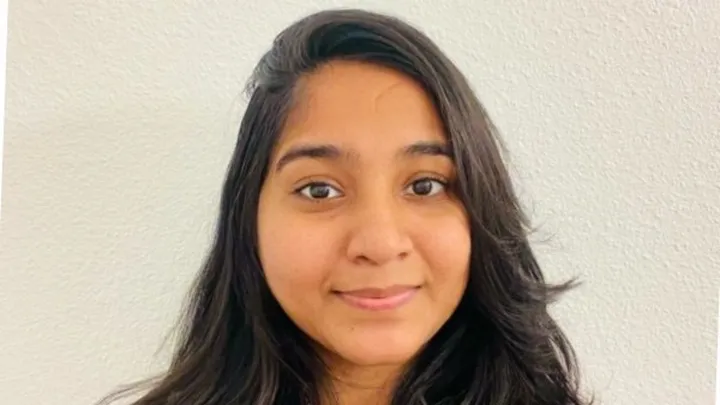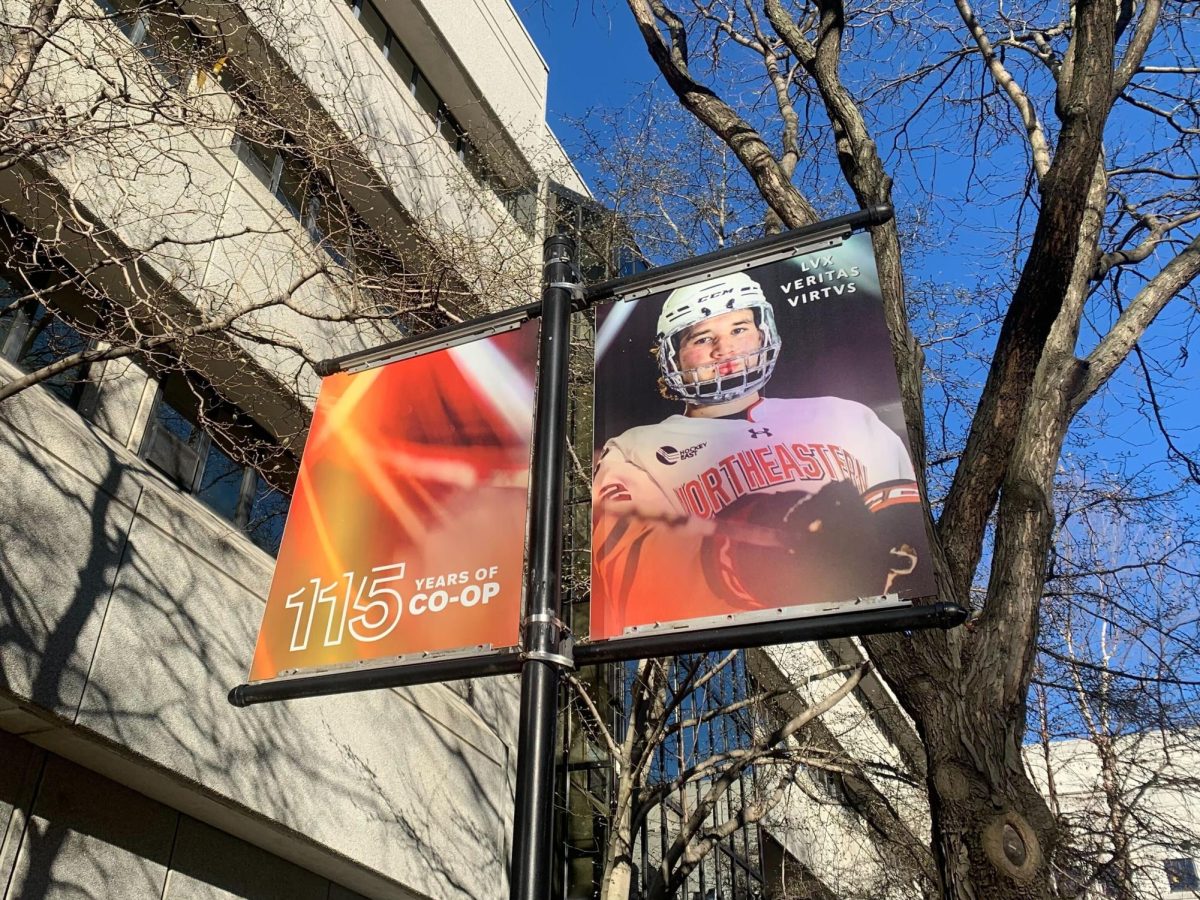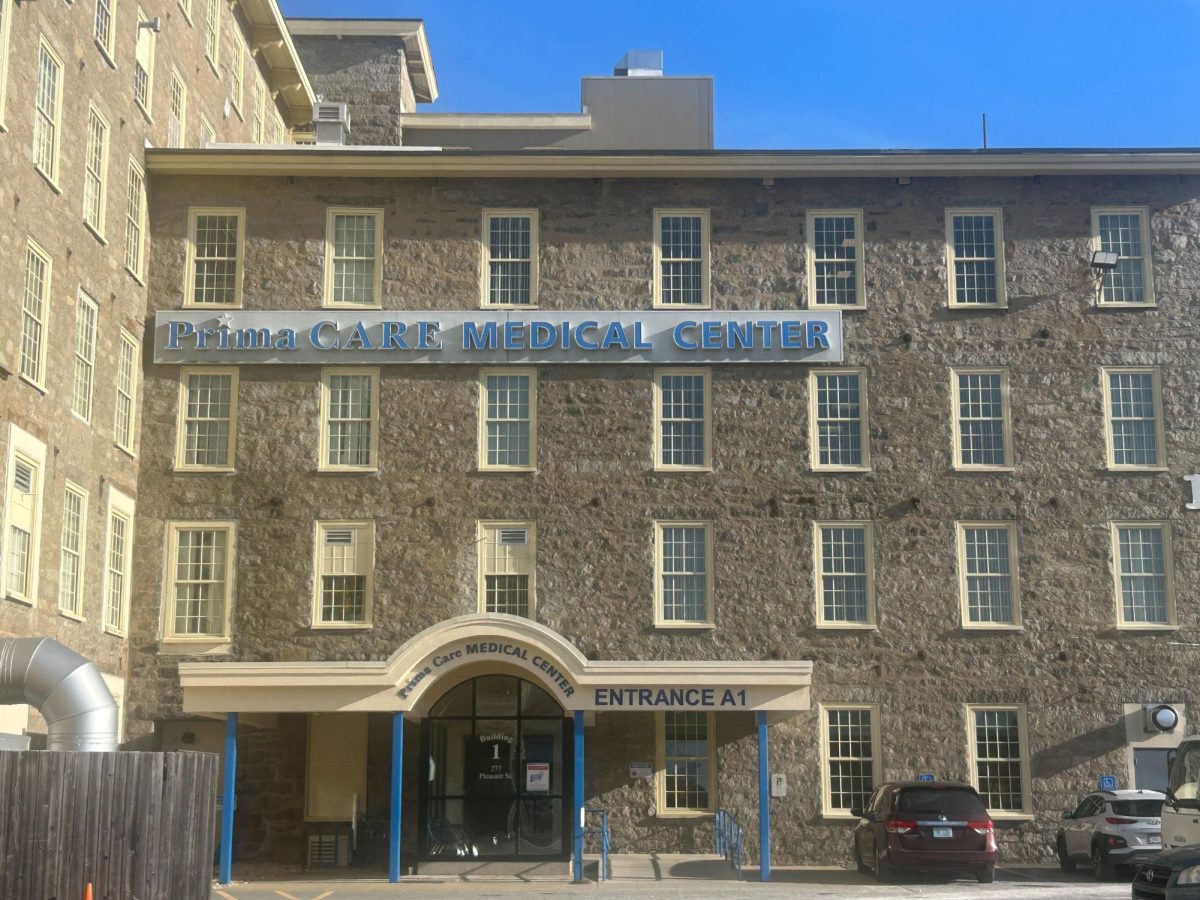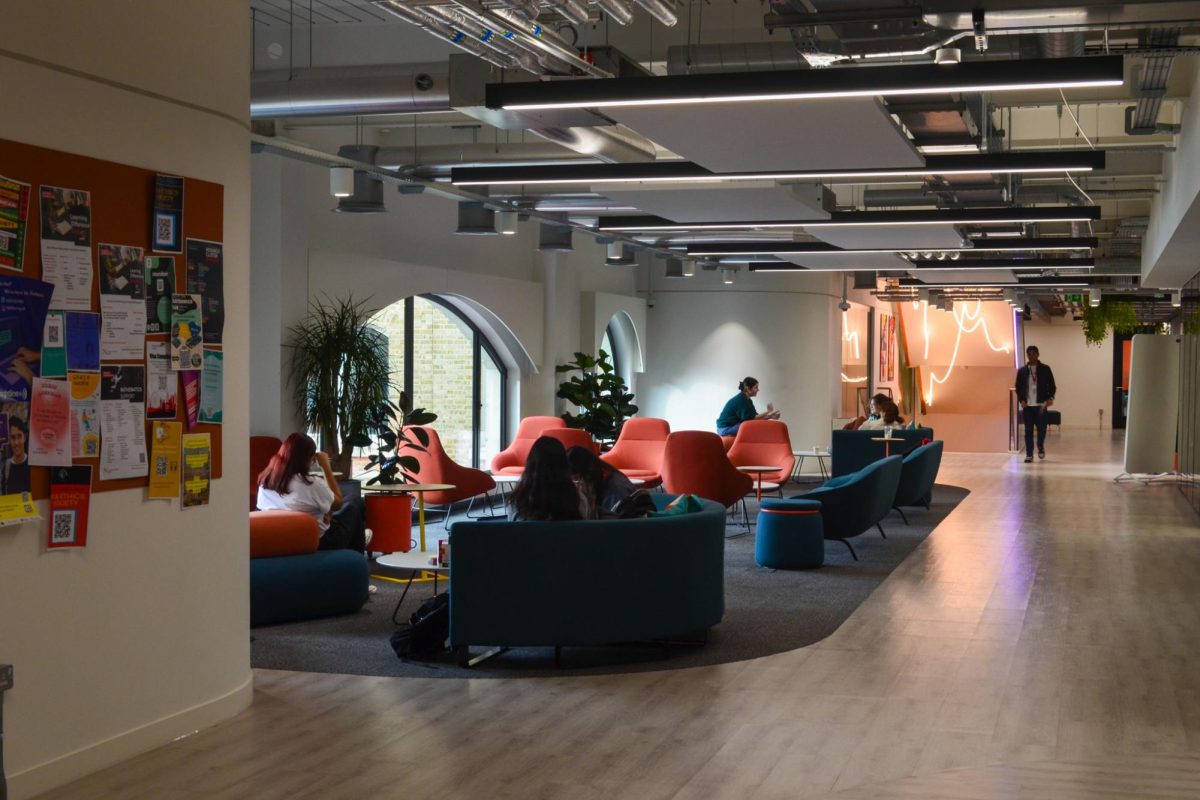By Alex Johnson, news correspondent
Although many Northeastern students have vocalized dissatisfaction with the Nov. 2016 election of President Donald J. Trump, many still did not vote in their hometowns’ local elections this year.
According to Campus Vote Project, an organization that works to increase student voting rates, 42 percent of 18-24 year olds were registered to vote in the 2014 midterm elections. However, just 17 percent of that demographic cast a vote. Of the twelve Northeastern students interviewed by The News, the majority were registered to vote this year. However, just two of them voted in their city’s local elections.
Students said they didn’t vote because they lacked interest in politics or because they had barriers to do so, whether it was their age or nationality.
“We don’t know much about that,” said Nishtha Mishra, a first-year graduate student studying engineering management, about herself and her friend Fnu Anupriya. The two are from India and could not vote in the United States. However, Mishra said, “Last year I voted for my state elections.”
Some students said they were registered to vote in their hometowns but were largely unaware of the elections there because of a lack of access or interest.
“I [voted] for the presidential and that’s it. I didn’t this time,” said Connor Craig, a second-year computer science major. “I’m not too much into the elections.”
“There wasn’t really any big local, it was just city council,” said Hannah Karabatsos, a fourth-year health sciences major, of the elections in her hometown, Newburyport, Massachusetts.
Mayoral elections were held this year in Newburyport, according to The Daily News.
Karabatsos said she voted in last year’s presidential election, and that it was out of character that she didn’t vote in her local elections.
“I feel like this is my worst year,” she said. “I’m normally engaged.”
Timothy Ewing, a first-year computer science and business combined major, said he did vote in this year’s elections and had a previous interest in politics.
“I was already fairly politically involved,” Ewing said.
In his hometown of Everett, Massachusetts, Ewing said he followed city council candidate Cynthia Sarnie in particular. Sarnie lost her bid by less than 30 votes.
“I liked her because she was legitimately invested in the school system, and the school system in my city was not great,” Ewing said.
Dissatisfaction with the results of last year’s elections were a driving force for some students who voted this year.
“Last year … seemed more like a reality show than it did an actual political race,” said Eva Maldonado, a fourth-year journalism major who voted for Tito Jackson in Boston’s mayoral elections, even though her hometown is Knoxville, Tennessee.
Maldonado said she thought the incumbent mayor Marty Walsh was not doing enough for black and hispanic people, and that Tito Jackson would focus on this more. “It was a big motivation for me personally because I think that the growing problem of gentrification is something that Boston doesn’t really care about.”
However, only 27 percent of Boston residents voted in the mayoral election, despite the approximate 72 percent of the population that is registered to vote.
Justin Koser, a second-year computer science graduate student, said he was not happy with the results of last year’s election but also said it didn’t influence him to follow the 2017 elections.
“When it came down to it, I would support anyone but Trump,” Koser said. “I would’ve been happy with either of the major democratic candidates.”
Students seem to believe voting is important, even on a small scale. However, few seem to follow through.
“At this point civic engagement is all we have in terms of trying to make a change,” Maldonado said.








